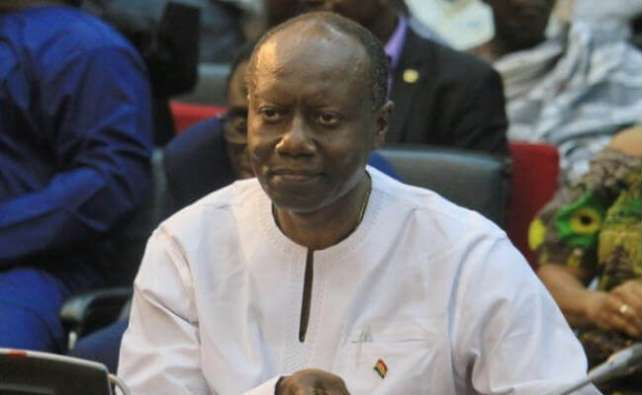
Freeze on new banking licences apt for nurturing local banks
Last Friday, The BEIGE Bank (TBB) officially became the 35th universal bank in Ghana.
It is an institution that has played at the lower echelons of the banking sector for just over 10 years. The growth attained by the indigenous company from a savings and loans company to a universal bank is laudable and adds to the growing list of Ghanaian business success stories, especially in the banking sector.
However, the tall list of licensed banks in the country has elicited calls for the number to be pruned down through policy interventions to encourage consolidations – mergers among them.
But some Ghanaian entrepreneurs and bankers, including the Chief Executive Officer of TBB, Mr Mike Nyinaku, have advised against such a move to force banks to merge.
Mr Nyinaku’s arguments are simple and cogent — out of the 35 licensed universal banks in the country as of yesterday, 17 are foreign and 18 are local.
Among the local banks are four established by the state, which are the oldest of all banks in the country. Going by his calculation that banks in the country take between 15 and 20 years to mature and stabilise, most of the local banks could be deemed underage and, therefore, amateur, which are competing with 17 foreign-owned banks with huge support from their mother companies abroad.
The presence of a large number of foreign banks also means that the repatriation of profits permitted under the country’s laws puts enormous pressure on the local currency.
Indeed, as of the end of last year, the 17 foreign banks held about 62 per cent of the profit-before-tax in the entire banking industry. Transferring just about 30 per cent of that profit means a whopping GH¢644 million would be appropriated in buying dollars for offshore transfer as dividends.
However, profit by local banks will substantially stay within the economy to support business growth and expansion, as well as the creation of jobs.
It is, therefore, heart-warming that the Governor of the Bank of Ghana (BoG), Dr Ernest Addison, has announced plans to freeze new licences to universal banks until it is through with the capitalisation exercise for the banks to shore up to GH¢400 million each in the minimum.
The BoG has given the banks up to December 2018 to meet the new capital requirement, which is in line with the expansion in the economy, new risks and opportunities.
The Daily Graphic wishes to encourage the BoG to carry out the capitalisation exercise with the objective of growing the banking sector, while nurturing the indigenous banks. It should not be an exercise to punish the local players and treat them unfairly, knowing that they are products of the same economy that the central bank and its fiscal policy makers preside over.
The country already has a sad history of destroying its own business people, overtly or covertly, and this cuts across governments.
The government takes the liberal world view of policy-making and, therefore, embraces the market economy to the fullest. What is also true about the liberal view is that businesses are supported to grow and stabilise.
Such support has been extended to some sectors of the economy in recent times. It will not be out of place, therefore, for indigenous banks to have support for them to stand on their own feet and expand to other jurisdictions.
